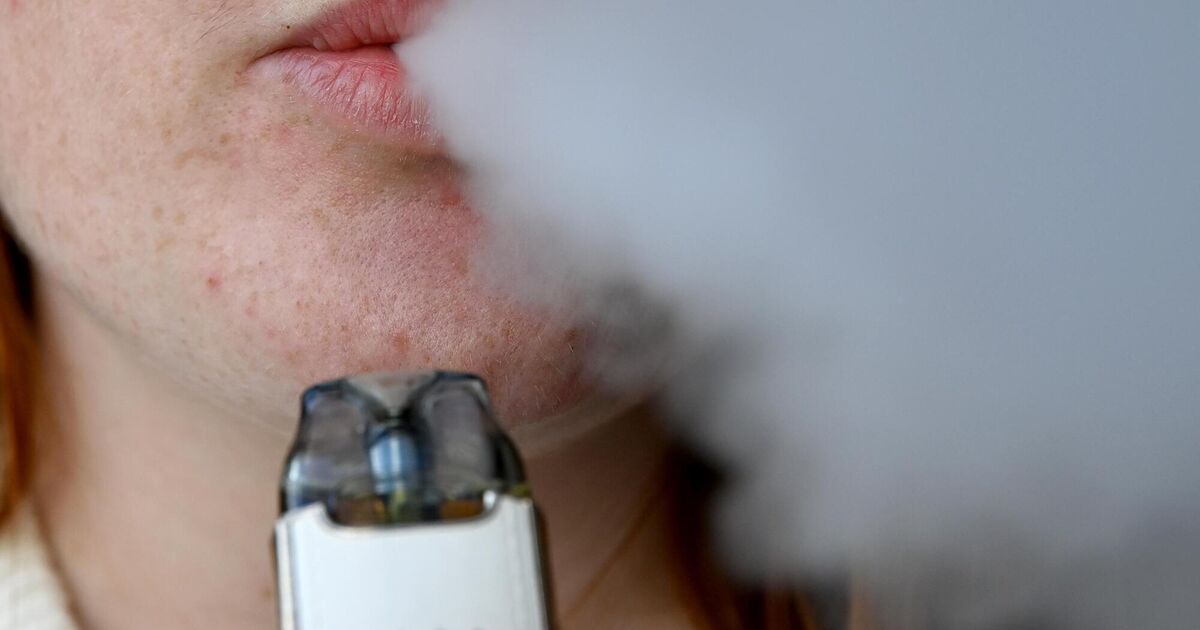The Health Minister has announced that Hexahydrocannabinol (HHC) has been classified as an illegal drug in Ireland.
This means that the import, export, production, possession, sale, and supply of products containing HHC is now illegal.
HHC is a semi-synthetic version of a natural cannabinoid found in cannabis.
Since it was first detected in Ireland in 2022, it has been linked with episodes of psychosis and hospitalisation.
It can be used in vapes or in jelly edibles and emulates the effects of THC (tetrahydrocannabinol), the narcotic component present in cannabis plants.
Flavours range from lemon, blueberry, and pineapple to more unusual tastes such as ‘Gorilla Glue’ and ‘amnesia’.
A recent Irish Examiner investigation highlighted the ease of which people could get their hands on HHC, including children.
On Tuesday, Jennifer Carroll MacNeill, alongside her fellow ministers Jennifer Murnane O’Connor and Mary Butler, announced that the drug was now classified as illegal.
It’s one of 14 new substances, including synthetic opioids and semi-synthetic cannabinoids that have been newly classified as controlled drugs.
This follows their identification by the EU and by the UN Commission for Narcotic Drugs as posing a serious risk to public health.
Ms Carroll MacNeill said: “The sale of HHC as vapes, in attractive packaging, or in edible jelly form, is a marketing ploy aimed at young people, which masks the fact that this drug is harmful for youth mental health and can be addictive.
“Under the successor national drugs strategy, I’m committed to reviewing legal avenues to respond faster and more effectively to emerging threats from by the volatile drugs market. In line with our health-led approach to drug use, our priority is to advance measures that enable us to protect and support the health of our population.”
Ms Murnane O’Connor added: “HHC, like other synthetic and semi-synthetic drugs, is a grave threat to public health. Controlling HHC and other harmful substances is an important step, that must be complemented by education and prevention programmes so that young people and parents are better informed about the risks associated with drug use.
“We know that HHC is responsible for hospitalisations and psychotic episodes, and that there are many people today struggling with addiction as a result of this and similar drugs. I urge people seeking help, either for themselves or for a loved one, to contact the HSE Drugs and Alcohol Helpline.”
